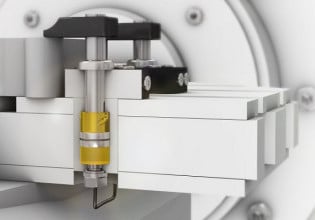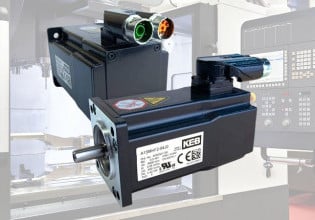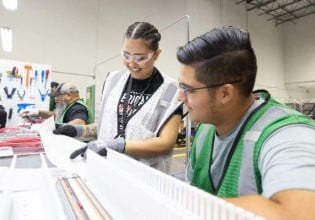S
I have the next doubt about modbus:
If a intelligent device (PLC) is only configurable like a modbus master, can I query this from a (for example) PC application (SCADA)?
Thanks in advanced
If a intelligent device (PLC) is only configurable like a modbus master, can I query this from a (for example) PC application (SCADA)?
Thanks in advanced






